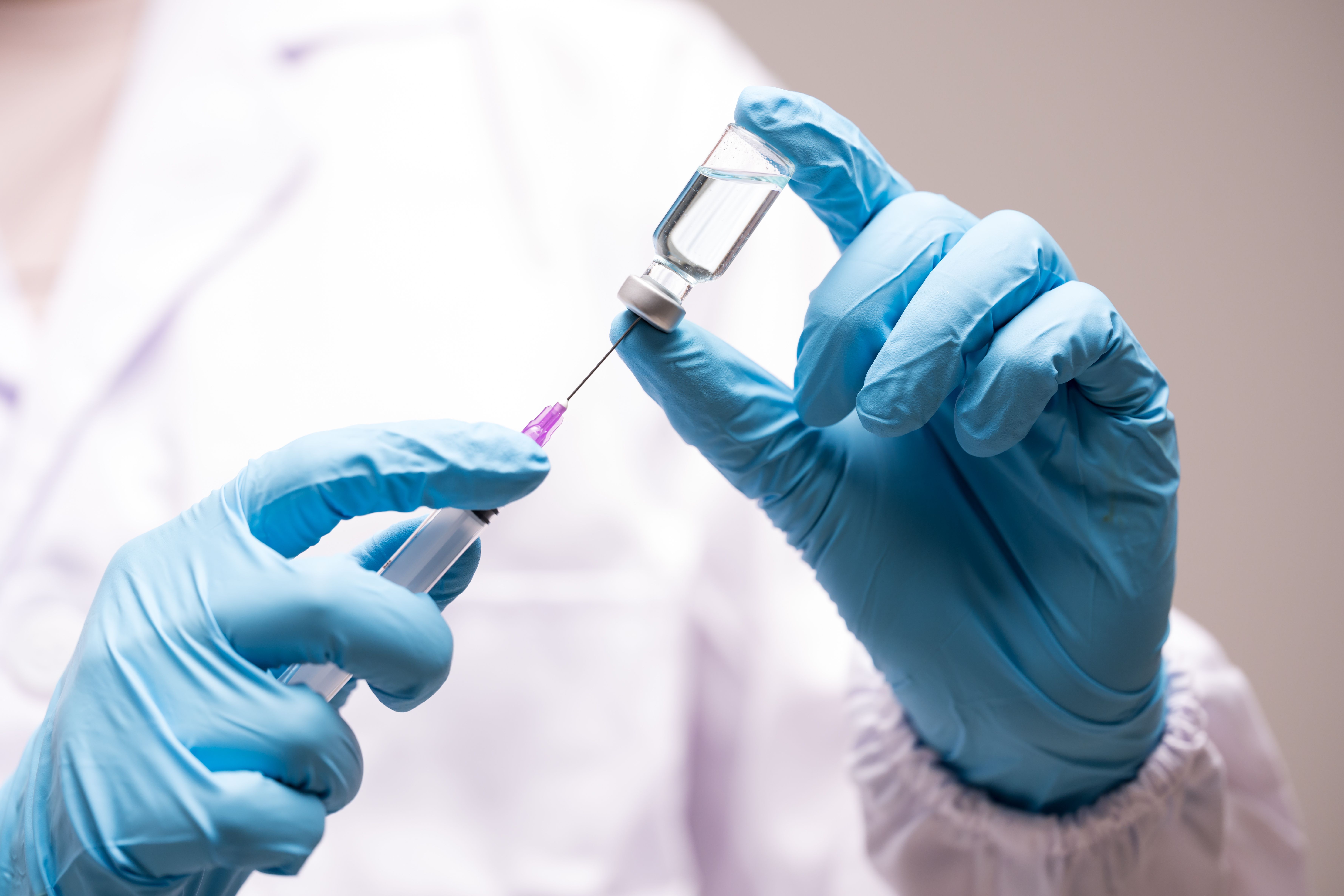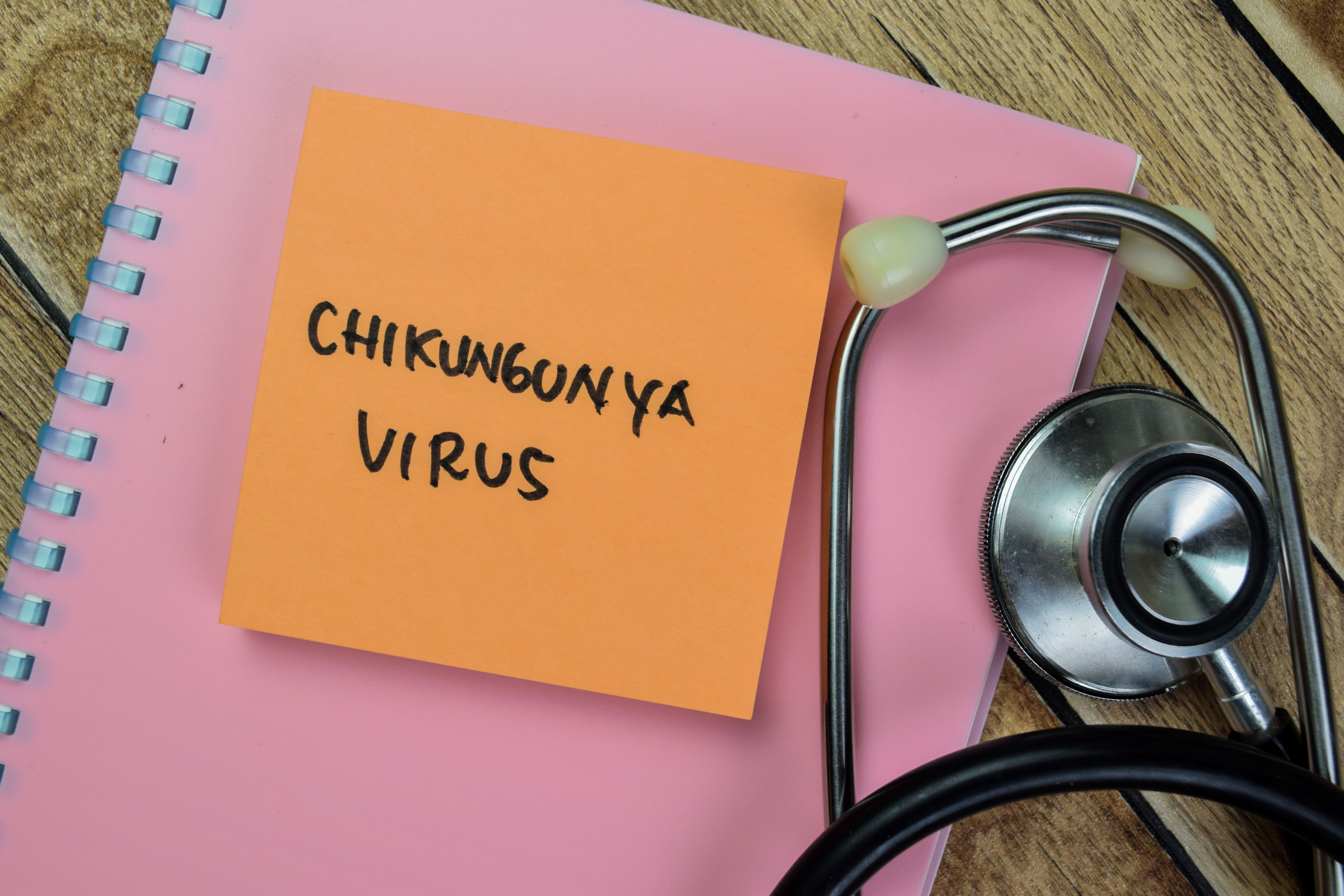
Vaccines
Latest News
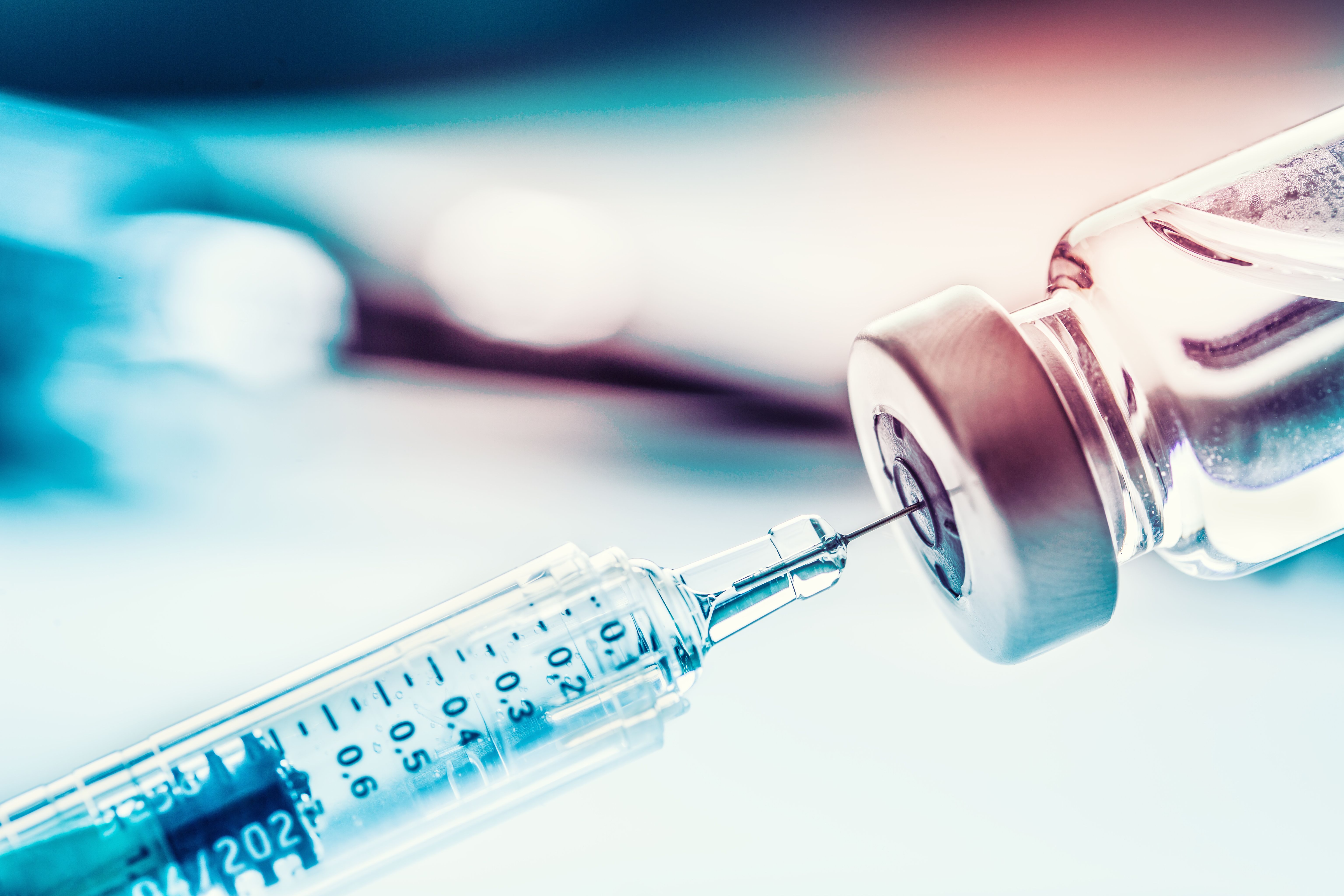
Latest Videos

CME Content
More News
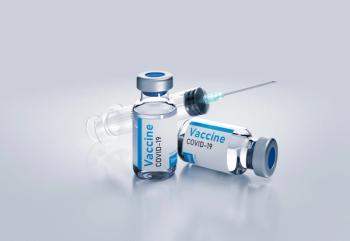
The FDA was made aware some health care providers had administered the full single dose vial of the vaccine, which contains “notably more” volume than the 0.25 mL volume indicated for children aged 6 months to 11 years.

Ravi Jhaveri, MD, reviews the different types of influenza vaccines for pediatric populations, highlighting the differences between egg-based and cell-based flu vaccines.

Ravi Jhaveri, MD, comments on the burden of influenza on children, specifically secondary infections and post-flu fatigue.
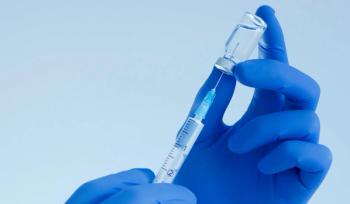
Donna Hallas, PhD, PPCNP-BC, CPNP, PMHS, FAANP, FAAN, shares her thoughts on the Contemporary Pediatrics' October 2023 vaccine issue.
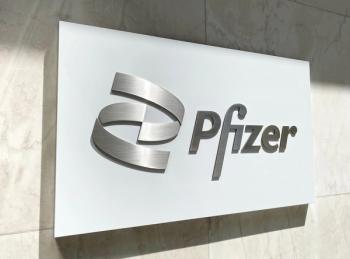
The combination vaccine candidates demonstrated a safety profile consistent with Pfizer’s COVID-19 vaccine. A phase 3 trial is anticipated to commence in the coming months, according to a press release from Pfizer.
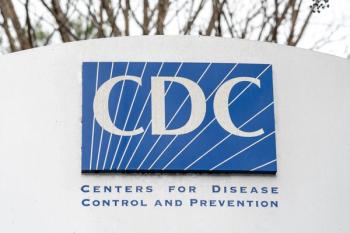
The Centers for Disease Control and Prevention is advising providers to prioritize 100 mg doses of nirsevimab, a monoclonal antibody FDA-approved to prevent respiratory syncytial virus (RSV), for infants at the highest risk of severe RSV disease.
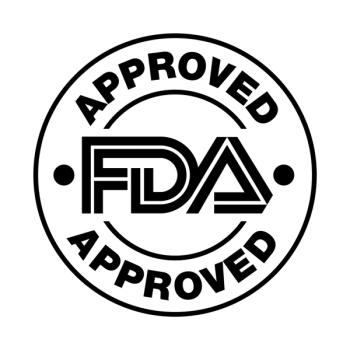
The FDA approval could simplify meningococcal vaccine schedules while providing broad serogroup coverage.
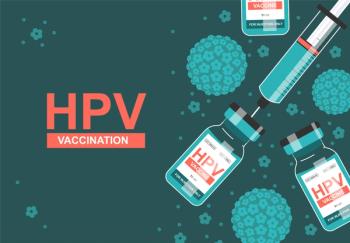
Parents who reported the stigmatizing belief “My child is not having sex” were much more likely to rely on health care providers as a source of information than parents who did not report this belief.

At IDweek 2023, Flor Munoz, MD, MSc, provided an update on maternal Group B Streptococcus (GBS).

At IDWeek 2023, several authors share a study on mother-infant pairs, evaluating for differences in rates of influenza infections in infants.
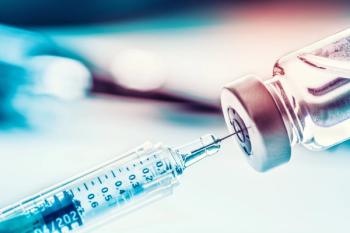
A look at recent approvals and promising clinical trials for future vaccines.
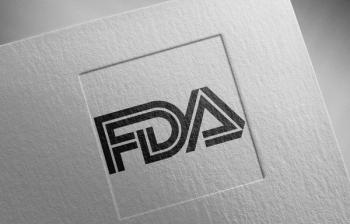
Individuals 12 years and older can now receive the Novavax COVID-19 Vaccine, Adjuvanted (2023-2024 Formula) (NVX-CoV2601) to protect against variants that are currently circulating, after receiving an Emergency Use Authorization from the FDA.

*Co-first authorship was earned, as each equally contributed to the methodical and rigorous review of the literature, writing, and editing of this article.
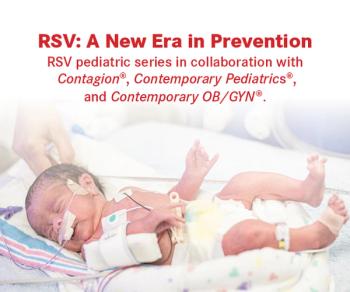
In collaboration with Contemporary Pediatrics, Contemporary OB/GYN, and Contagion, Tina Tan, MD, FAAP, FIDSA, FPIDS, discusses the benefits of having new tools to fight RSV in infants, potential vaccine hesitancy, and RSV trends currently being observed.
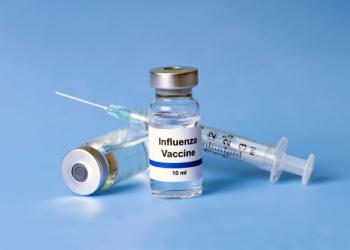
Standout updates include a relaxed recommendation for patients with a history of egg allergies, and that all available influenza vaccines for the 2023 to 2024 flu season are quadrivalent.
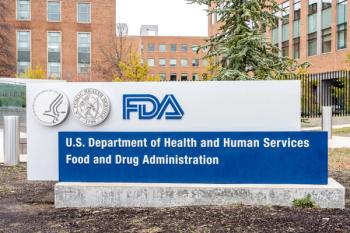
Bivalent COVID-19 vaccines by both Moderna and Pfizer-BioNTech are no longer authorized for use in the United States.
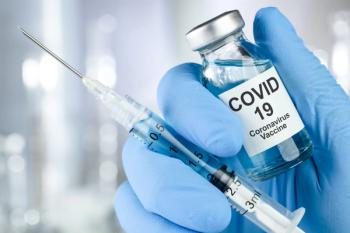
According to a recent Morbidity and Mortality Weekly Report, the original COVID-19 monovalent and bivalent vaccines helped reduce emergency department or urgent care encounters for children aged 6 months to 5 years.

Basis for a Biologics License Application submission to the FDA is being built for PXVX0317, following topline results demonstrated in a pair of phase 3 trials, including 1 trial featuring adolescents and adults aged 12 to 64 years.

Ervebo has been approved by the FDA to prevent the Ebola virus for individuals aged 12 months and older, after being initially approved for those 18 years and older in 2019.
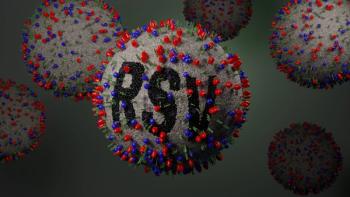
In unanimous fashion, the FDA AMDAC voted 21 to 0 that nirsevimab has a favorable benefit risk profile for the prevention of RSV lower respiratory tract disease (LRTD) in newborns and infants during their first RSV season.

How much progress have we made in developing therapies to treat this common childhood respiratory disorder?

The vaccine efficacy of the Novavax’s NVX-CoV2373 was 79.5% in adolescents.

Jonathan Miller, MD, pediatrician and chief of primary care, pediatrics, at Nemours Children's Health in the Delaware Valley, spoke about the latest data regarding early HPV vaccination in children as young as 9 at the 2023 Pediatric Academic Societies meeting.

According to Pfizer, the company’s pneumococcal conjugate vaccine Prevnar 20 has been approved by the FDA to treat infants and children aged 6 weeks to 17 years for the prevention of invasive pneumococcal disease (IPD).
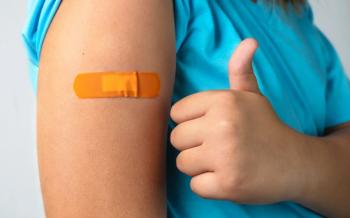
Monovalent vaccines by these manufacturers are no longer authorized for use in the United States.

